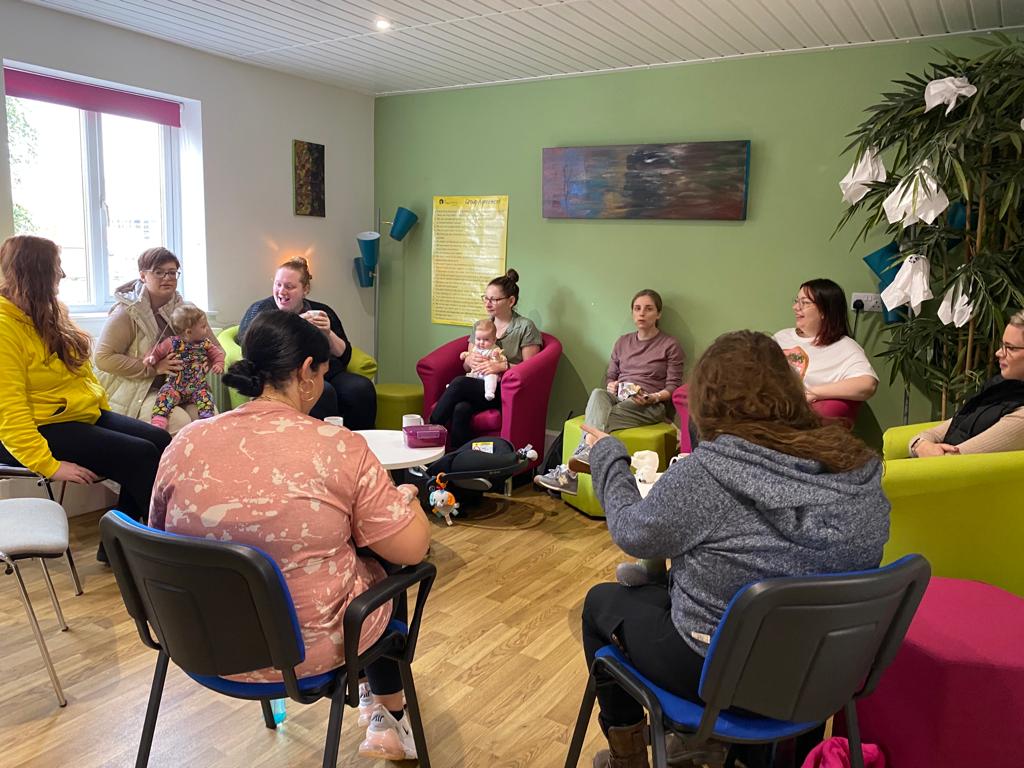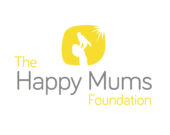The Group Agreement
The Happy Mums Group Agreement is at the core of everything we do.
We read it out at the beginning of every group. It sets the tone for how we work, clearly establishes ground rules and plays an important role in allowing everyone to be part of keeping each other safe, without needing to take anyone elses worrys or pains away with them.
It was created in conjunction with our members, and is updated annually with their feedback in mind.
We adapt the agreement for different types of group and begin each training session by creating a new one.

Example Group Agreement
- Everything discussed is confidential, except if someone is at risk of harm, we may need to ask for help to keep them safe
- We are considerate of everyone’s privacy on social media – nothing is shared without consent
- We are non-judgemental and respect everyone’s different opinions
- This is a safe place to vent
- We focus on our strengths and what is positive, where this is possible
- No health professionals are here in their professional capacity
- We are aware of swearing, language and content of discussions where kids are present
- We are honest and realistic
- We don’t need to fix other peoples problems or continue to thinking about them afterwards
- You don’t have to say anything if you don’t want to
- The strength of peer support is in the group environment
- If you need to leave the room, feel free to ask someone to go with you, or let us know if you’re not returning to the session
- You don’t need to explain why you are here if you don’t want to
- Everyone has the chance to talk and express themselves, be listened to and not interrupted
- You don’t have to talk about ‘mum’ things, it can be anything
- Your feelings are valid no matter what
- Your experiences are no more or less important than anyone else’s
- You don’t need to disclose anything you don’t want to i.e. job, area
- We encourage members to make friends outside of the groups and equally if you don’t want to you don’t have to
- Boundaries are important, are different for everyone and can change over time
- Facilitators are members too and have their own lived experiences
